Sometimes, the best defense can be a strong offense, and LeBron James clearly took that route on Thursday night. During a Lakers game, he confronted Stephen A. Smith courtside, scolding him and firmly telling him to stop commenting on Bronny James, LeBron’s son and teammate.
Smith, who recently agreed to a five-year, $100 million contract extension with ESPN, responded on Friday by offering a calm explanation on First Take about why LeBron was upset with him. He first confirmed the nature of the confrontation.
“That was LeBron James coming up to me, unexpectedly, I might add, to confront me about making sure I mind what I say about his son,” Smith explained. “I can’t repeat the words he used because they aren’t suitable for airwaves.”
Smith went on to question why LeBron chose to confront him at the game, where the Lakers defeated the New York Knicks in overtime, instead of reaching out privately via phone or a face-to-face conversation. Smith also noted that LeBron wasn’t approaching him as a “superstar basketball player,” but as a concerned “father.”
However, Smith emphasized that his initial criticism had been directed at LeBron, not Bronny, stating, “I was talking about the position [Bronny] was put in by his dad.”
Before Bronny was drafted by the Lakers in June, LeBron made it clear he wanted to play alongside his son. Smith, along with other journalists, felt that the pairing placed undue pressure on the 19-year-old, who had only played 25 games at USC before joining the NBA.
Bronny, for his part, didn’t seem as enthusiastic about playing with his father. At the NBA scouting combine, he said, “My dream has always just been to put my name out, make a name for myself, and of course, you know, get to the NBA… I never thought about just playing with my dad, but of course he’s, he’s brought it up a couple times.”
Smith, recalling his thoughts on LeBron’s efforts to ensure Bronny was drafted by the Lakers, said, “‘C’mon man, this is the situation you’re putting him in.’ That’s where I was coming from.”
Other commentators, like Bill Plaschke of the LA Times, voiced similar concerns, questioning whether it was fair to put so much pressure on Bronny to develop his game while being alongside one of the greatest players in history.
The moment LeBron had hoped for arrived on October 22, during the Lakers’ season opener when Bronny entered the game in the second quarter. The two played together for less than three minutes, making history as the first father-son duo to play in the NBA together. Although Bronny missed his first two shots, the achievement was significant.
So far, in 76 minutes across 18 appearances, Bronny has scored 25 points, making 25.8% of his shots. His performances in the G League have been better, with an average of 13.4 points, 3.4 rebounds, and 3.9 assists, along with solid defense.
“I have nothing but the best wishes for Bronny James,” Smith said. “I hope he becomes an NBA star.”
Smith, who was sitting courtside at the game with Endeavor CEO Ari Emanuel and actor Larry David, noted that LeBron was “very, very upset” and said he didn’t feel it was the right time or place to respond publicly. He acknowledged that he and LeBron don’t always see eye to eye, but that they don’t hold grudges either.
“He and I don’t necessarily vibe… We don’t see eye to eye. Neither of us loses sleep over it,” Smith explained. “It’s been that way for years. It was like he was saying, ‘Keep that between me and you.’ As a father, I get it. If I were in his position, I can’t definitively say I wouldn’t have done the same thing. I don’t blame him one bit.”
While Smith empathized with LeBron’s defense of his son, he stood by his earlier comments, stressing that they were based on facts. “What I was saying about LeBron is fact-based because of what he said and the things that he said leading up to his son being drafted and ultimately being in the NBA on the same team as him,” Smith stated. “There’s no way around that. As a journalist, you’re not paid to make friends, but to call things as you see them.”

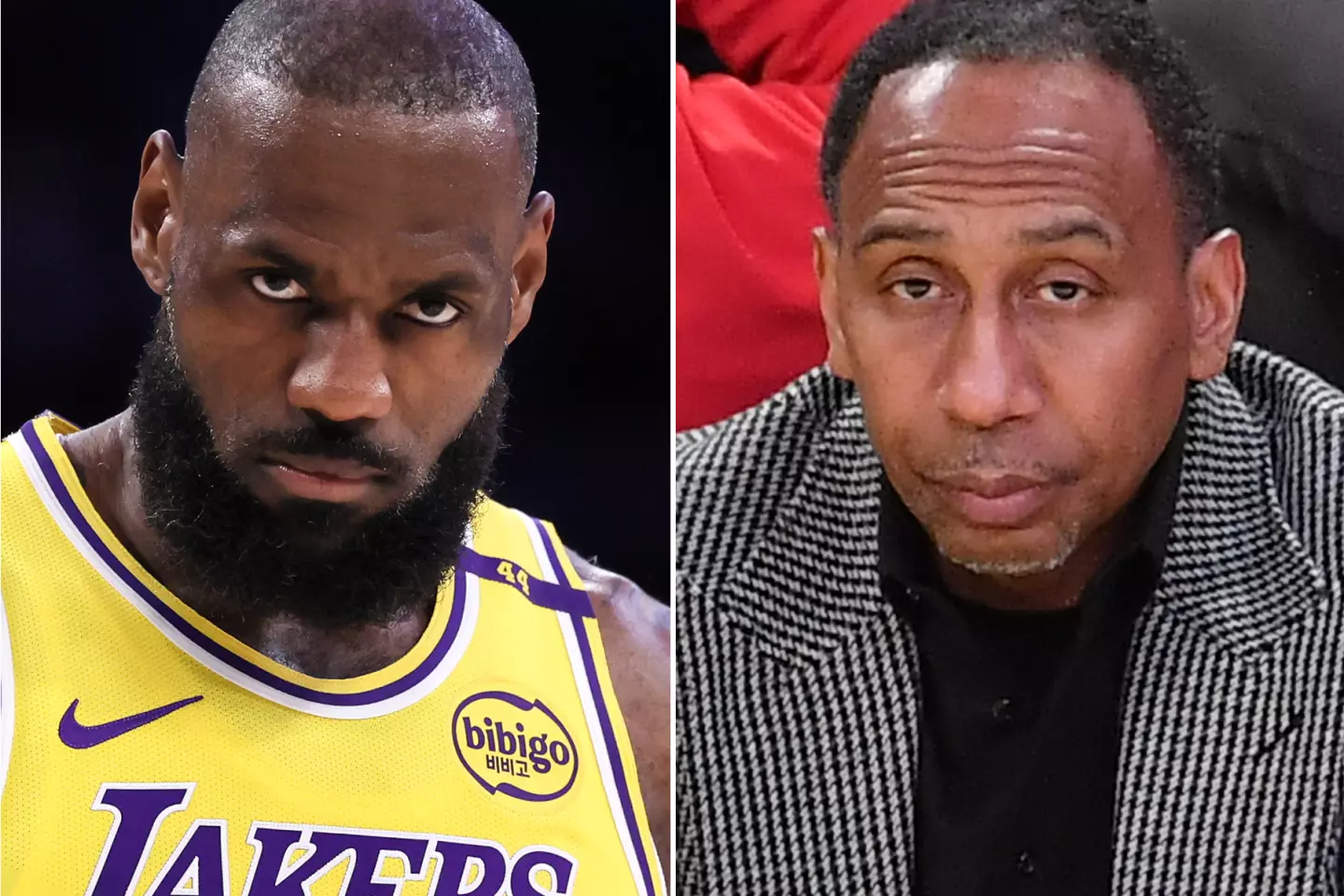
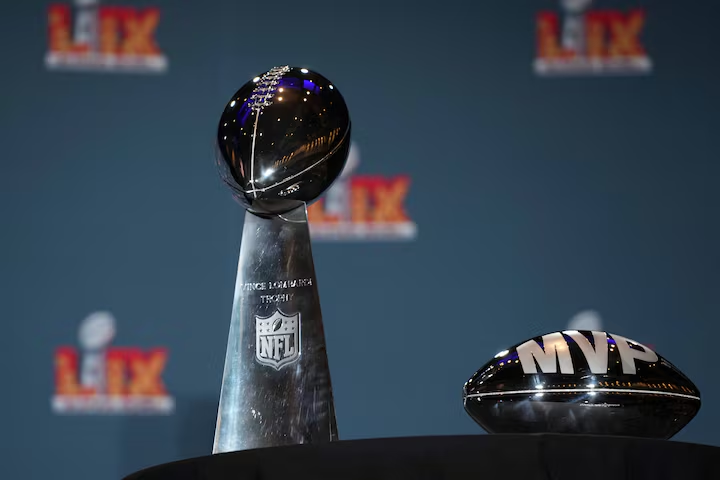
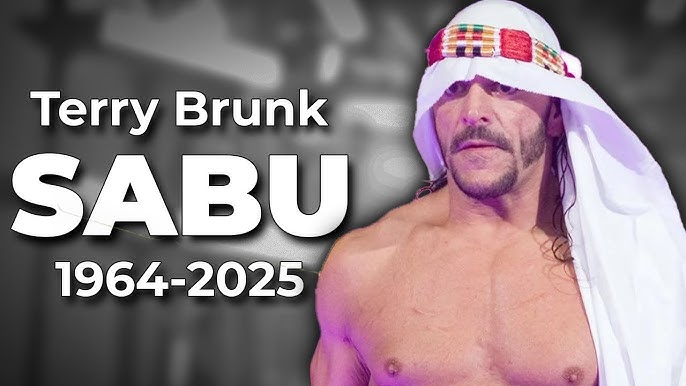
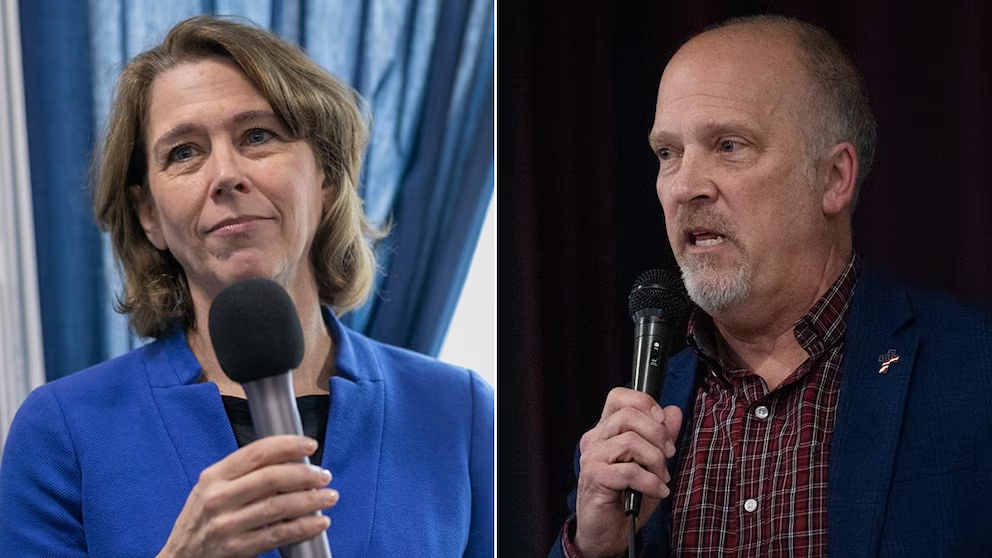
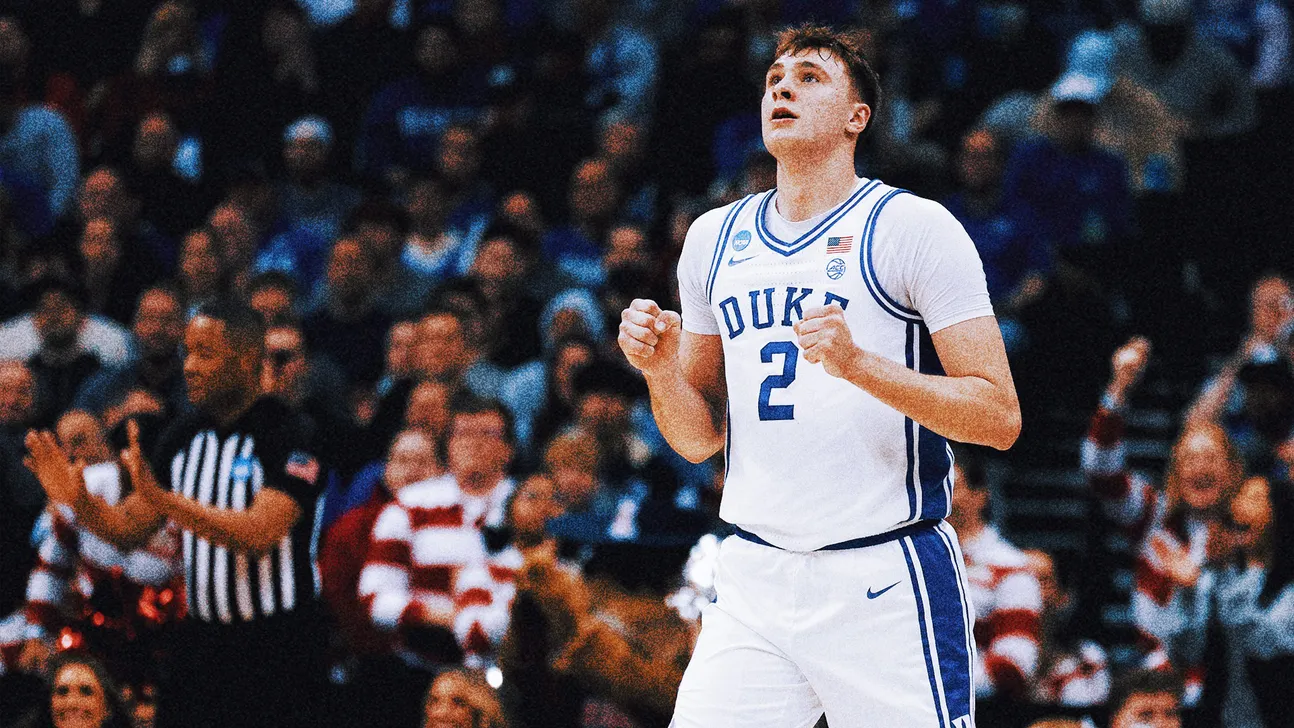
Leave a Reply